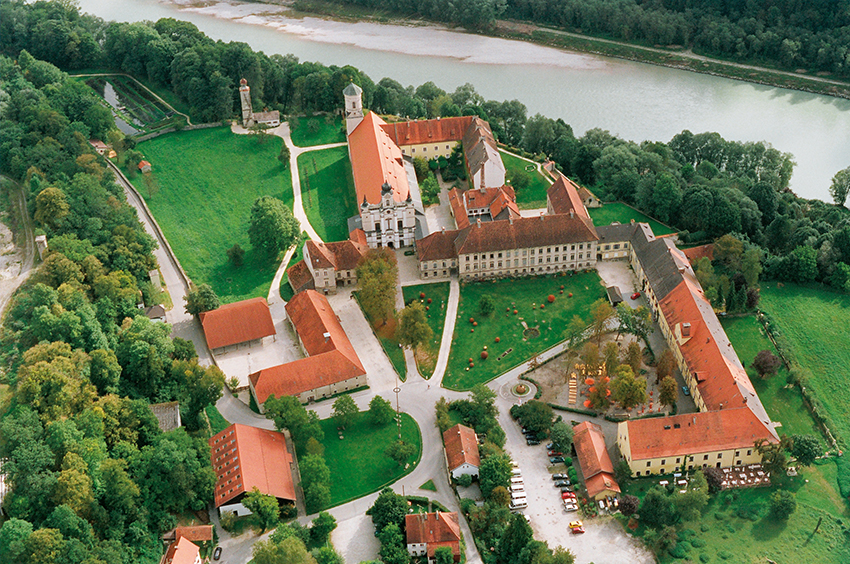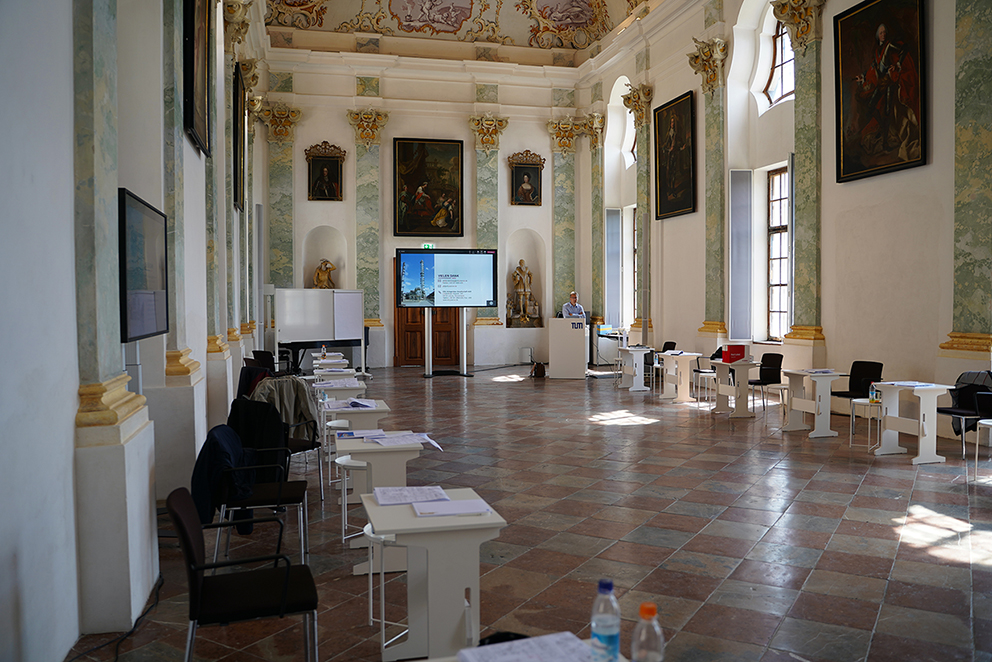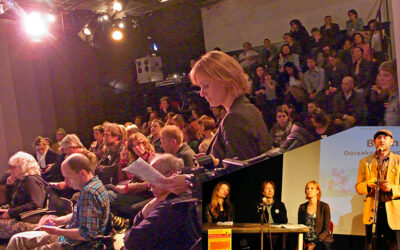Venue and setting: Raitenhaslach Monastery as the ideal backdrop
We’re organising a multidisciplinary symposium to explore methodologies for creating ‘Cities as Temporary Nature Reserves for Wild Bee Species.’ This event will take place from May 27 to 29, 2025, at the former Cistercian monastery, Raitenhaslach, located on the Salzach River in Bavaria bordering Austria. This monastery, now a TUM Science & Study Centre, provides an ideal setting for academic dialogue and cross-cultural discussions.
Program partners: collaboration for the development of methods
The symposium’s program is being developed in collaboration with the City of Burghausen, the Munich University of Technology (TUM), Delft University of Technology (TUDelft), Bund Naturschutz Bayern, and the Botanical Garden Munich – Nymphenburg. Over three days, we aim to devise a practical methodology that can be implemented in the city of Munich.
Structured symposium: A results-oriented unconference
Structured as a result-focused unconference, this symposium will address key questions, reflect on existing methodologies, share best practices, and collaborate on refining strategies. By examining various approaches from individuals across different climatic and cultural backgrounds and tapping into diverse knowledge sources, we aim to create a large-scale case study with a unique approach that can be practically executed.
European consortium: Diverse expertise for urban bee habitats
This symposium is tailored for our European consortium, comprising academics, experts, and practical innovators from diverse cultural, ecological, and sociological backgrounds. Our common goal is to create urban environments that can efficiently accommodate equally all species of RefuBees. Through the implementation and assessment process, these solutions can undergo peer review and serve as a blueprint for other cities in the future.
Bavaria and Munich: A promising environment for sustainable solutions
As for our choice of Munich and Bavaria, it aligns with the European Green Deal’s emphasis on biodiversity and the reversal of pollinator decline. In 2019, a most successful ‘Save the Bees’ and biodiversity referendum garnered massive support from Bavarian citizens, with 1.7 million of 9.5 million eligible voters physically signing in at city halls within a month. However, despite this strong public backing, the Bavarian government reframed and watered down the proposed changes to the Bavarian Nature Protection Act. Nevertheless, this region offers a promising demographic environment with the potential to actively engage large amounts of people in implementing solutions.
Image: H. Kalliwoda and TUM



